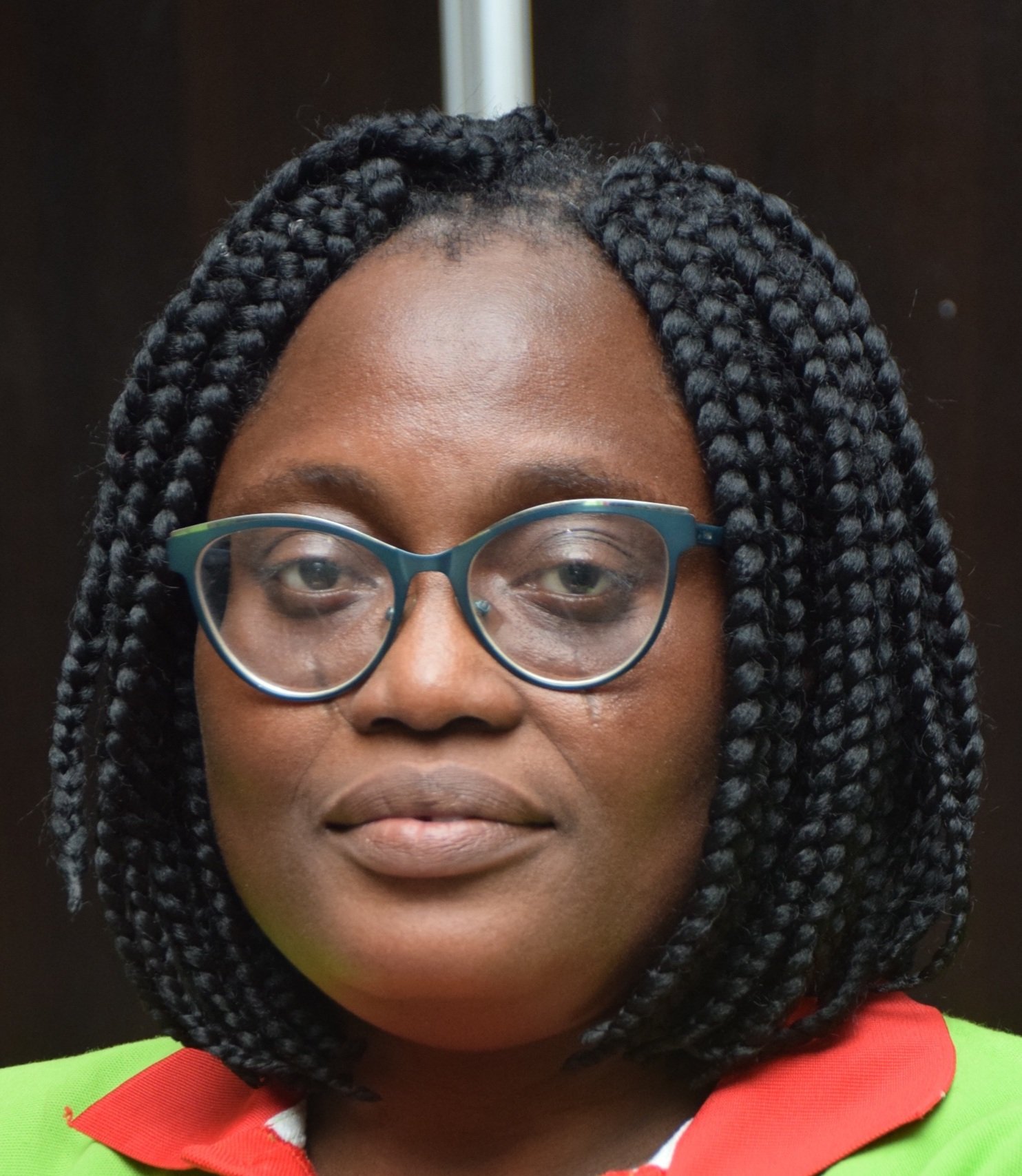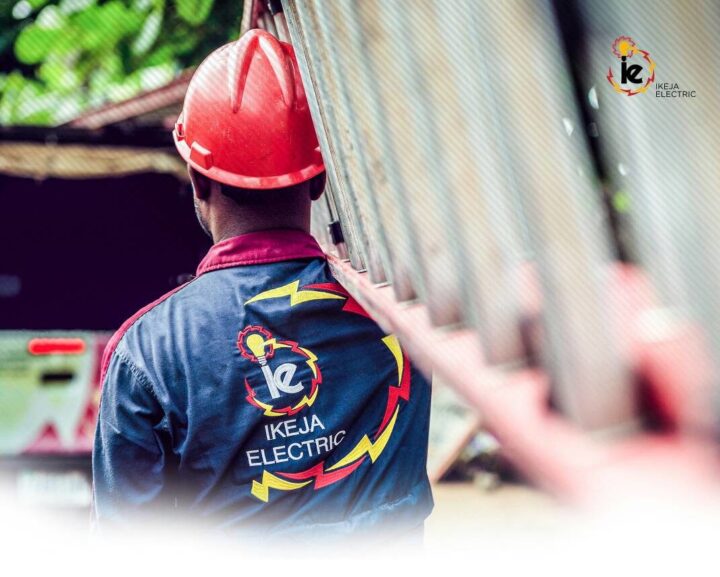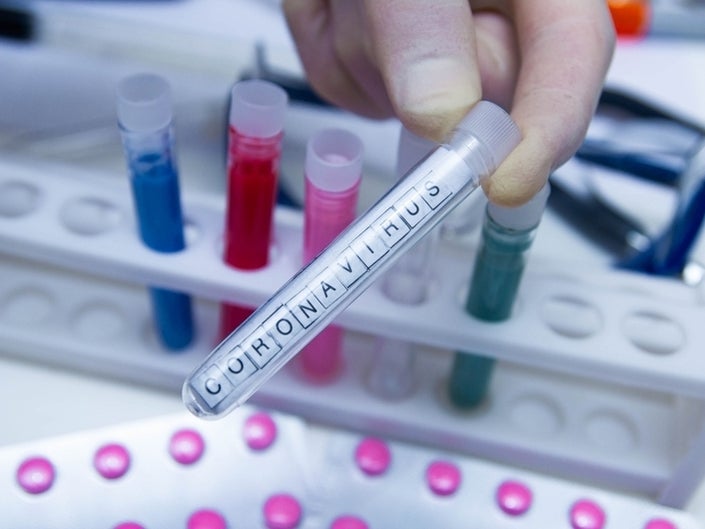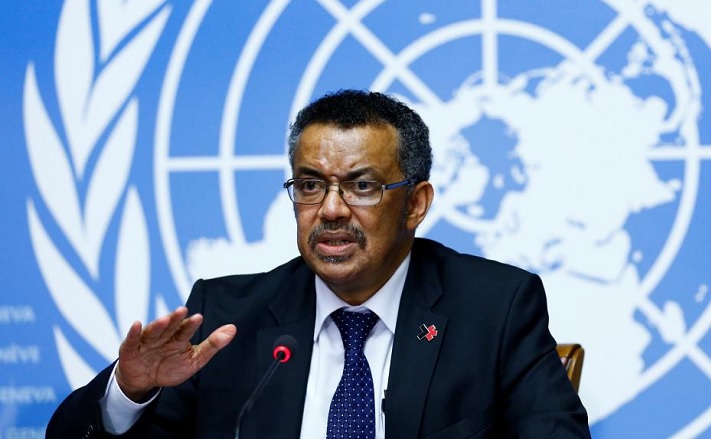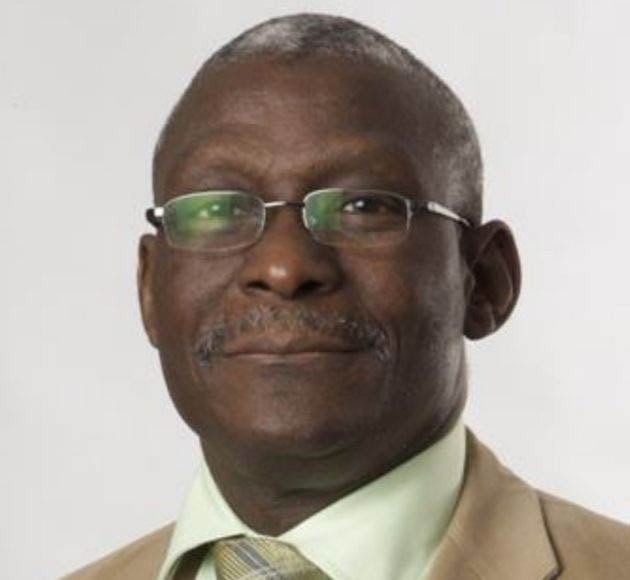To say COVID-19 has sparked off hysteria around the world is stating the obvious. From Asia to America, Europe to Africa and other parts of the globe, this disease is spreading fast.
After much speculation, conspiracy theories, arguments and counter arguments, the disease was confirmed in Nigeria on February 27, 2020.
An Italian was the index case. But, the number of confirmed cases have ballooned to 139 across 10 states and the federal capital territory (FCT).
Only the federal capital territory (FCT), Lagos, Oyo and a few states have isolation centres to treat patients who have the disease and the infection has so far spread to 12 states.
Advertisement

Checks by TheCable revealed that while some of the other states where the COVID-19 has not been recorded are taking necessary precautions, others are more or less waiting to see what happens.
We take a quick look at what some states have done so far in the face of the coronavirus pandemic:
Abia: The state government directed the closure of all its land borders and the closure of markets and open places for an initial period of four weeks. It also asked residents to stay at home except for food sellers who will only be allowed to operate where they reside. It had earlier set up an inter-ministerial committee on COVID-19 that would coordinate responses to the disease, with a mobile court in place to try defaulters of the directives.
Advertisement
Adawama: Ahmadu Fintiri, the governor, directed a lockdown throughout the state for an initial 14 days. In addition to banning all forms of transportation such using tricycle, taxis and bus operators, the state also ordered the suspension of all manner of social activities and the closure of markets.

Akwa Ibom: The state banned any form of public gathering and also shut down its borders to other states. Udom Emmanuel, the governor, signed the restrictions signed into law, and also directed the closure of open places including public parks, shops, eateries, markets and offices.
Anambra: The state government directed the closure of all markets and public places for a period of 14 days, with only businesses selling food items and medicines authorised to remain open during the closure. Willie Obiano, the governor, also approved a relief of 10 percent in personal income tax to traders and business owners to cushion the effect of the pandemic.
Bauchi: So far, the state has recorded three cases, including the governor: There is total shut down of the state which took effect on Tuesday and would last for an initial 14 days. There is, however, a window for movement for residents to carry out urgent needs: from 10am and 4 pm on Saturdays and Wednesdays.
Advertisement
Bayelsa: Workers were asked to stay at home for two weeks, with the exception of those in essential services such as medical and health workers, fire service personnel, cleaners and other related personnel. Schools have since been closed while public ceremonies such as weddings and burials have been suspended.
Benue: There is one case of the disease. Samuel Ortom, the governor, imposed a curfew from 7pm to 6am daily across the state beginning from Monday, with the exception of those in essential services. He also directed the suspension of all public gatherings and markets, and the closure of all the state’s borders with bus drivers commuting within Benue required to produce their passengers’ manifest.
Borno: All entry points have been closed down to human and vehicular traffic, with the exception of those conveying food items, medicines and other such essentials.

Cross River: The state government closed all of its borders and suspended a local government election scheduled to hold last weekend. It also directed all civil servants, except those on essential services, to work from home while public gatherings and events were suspended indefinitely. If there must be public transport, the government said vehicles are permitted to carry only one passenger, and must have hand sanitisers.
Advertisement
Delta: Ifeanyi Okowa, the governor, announced the lockdown of all activities in the state and closure of all of its entry points. The state also announced it has set up an isolation centre for the disease, and has purchased 19 ventilators for the care of patients.
Ebonyi: Apart from the testing centre which was set up in the state with the aid of the federal government, the state also established “observation centres” for the infection across six locations. David Umahi, the governor, also directed the closure of the state’s borders, and the suspension of any form of gathering and public event.
Advertisement
Edo: There are four cases. The state government announced that it has purchased 25 ventilators for the care of coronavirus patients, and has trained about 4,200 medical personnel to help manage the crisis. Philip Shaibu, the deputy governor, had said the state plans massive testing and screening for COVID-19.
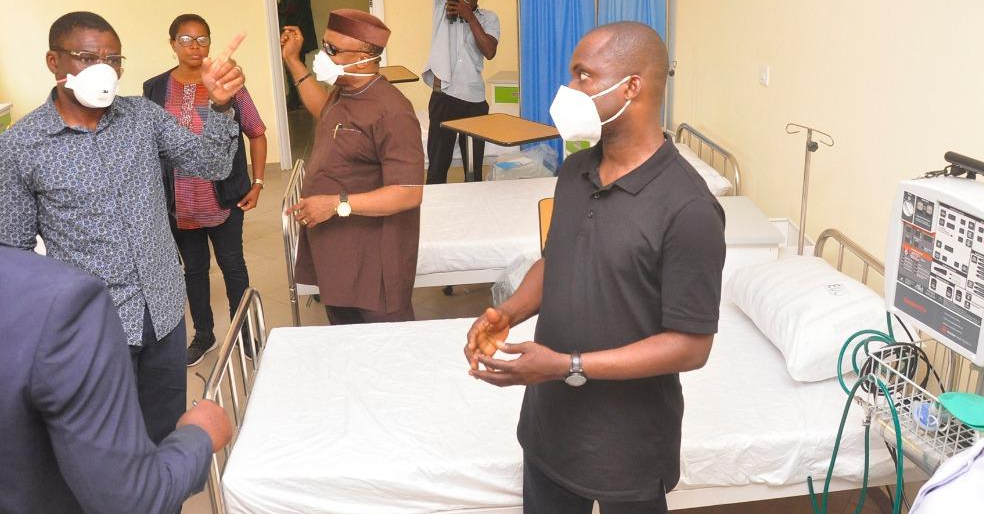
Ogun: There are four cases. The state government produced hand sanitisers to be distributed for free for residents. In addition to the restriction of movements expected to take force on Friday, the government had earlier directed 20% daily attendance for civil servants and limit of 20 customers at once in banks, supermarkets and other public places, all of whom are directed to also provide hand sanitisers for use.
Advertisement
Ekiti: There are two cases. Kayode Fayemi, the governor, imposed a ban on all forms of movement and commercial activities in the state, with the exception of those in essential services and funerals with a limit of 20 persons. The state’s borders have also been closed, while palliative measures are being planned for the poor and vulnerable, according to the governor.
Enugu: There are two cases. The government announced the closure of all markets, land borders and inter-state transportation in the state till further notice, with the exception of those on medical emergency services. Public gatherings and events were also suspended in the state.
Advertisement
FCT: It has recorded 28 cases so far. There is a curfew in place. The FCT administration had also announced it has commenced mass fumigation of all public places in the nation’s capital. To help in managing patients, it had inspected a 300-bed space facility which could be used as an isolation and treatment centre.

Gombe: The state has banned interstate travels as well as all forms of social and religious gatherings. It also announced it has so far spent more than N500 million in managing the health crisis. On the negative side, it suspended the payment of N30,000 as minimum wage, claiming this was as a result of the effect of the coronavirus pandemic.
Imo: Hope Uzodinma, the governor, ordered the complete lcokdown of the state, thereby restricting all forms of movement, while the state’s borders were also closed. In addition to the training of health educators who would enlighten residents in rural communities about the disease, the governor also announced that sanistisers will be distributed to residents across the state.
Kaduna: The state government had commenced the fumigation of all markets to curb the spread of coronavirus. It also directed a 24-hour curfew in the state, with the exception of health officials and other emergency workers.
Kwara: The government ordered the closure of internal and external borders. It also ordered closure of all mosques and churches and markets with exception of markets selling drugs, food items and other essential commodities.
Kebbi: The state government closed of all primary and secondary schools in the state indefinitely.
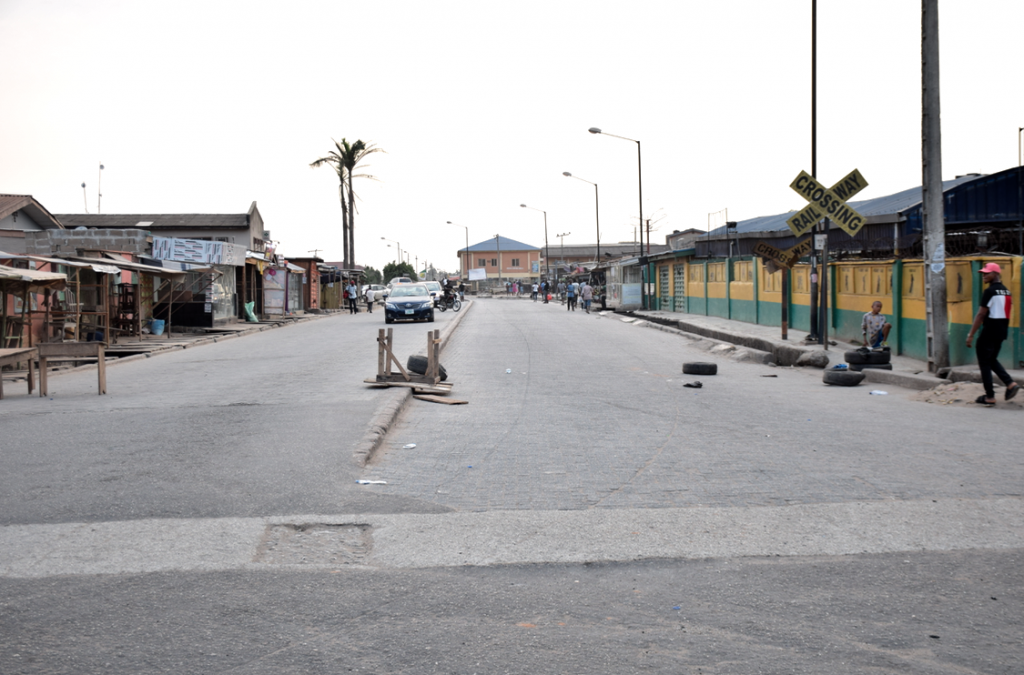
Lagos: With 82 cases so far, the state is the epicentre of the coronavirus in Nigeria. In addition to the current lockdown imposed by the president, the state had also set up a 110-bed isolation centre in partnership with Guaranty Trust Bank (GTB). It has also commenced distribution of food and other relief materials to residents to assist them during the lockdown
Oyo: The state government created 100-bed spaces for the isolation of patients in five centres (University College Hospital Ibadan, second Division, Nigeria Army, Odogbo, Ibadan, Jericho Chest Hospital, Ibadan, Ladoke Akintoka Teaching Hospital, Ogbomosho, and Maternity Centre, Olodo, Ibadan). It also banned social gatherings with more than 30 persons, including religious services, parties, burials and weddings. It imposed a dusk to dawn curfew on the state, banning inter-state travel from and into the state, except vehicles carrying food items, medical, pharmaceutical and petroleum products.
Add a comment
